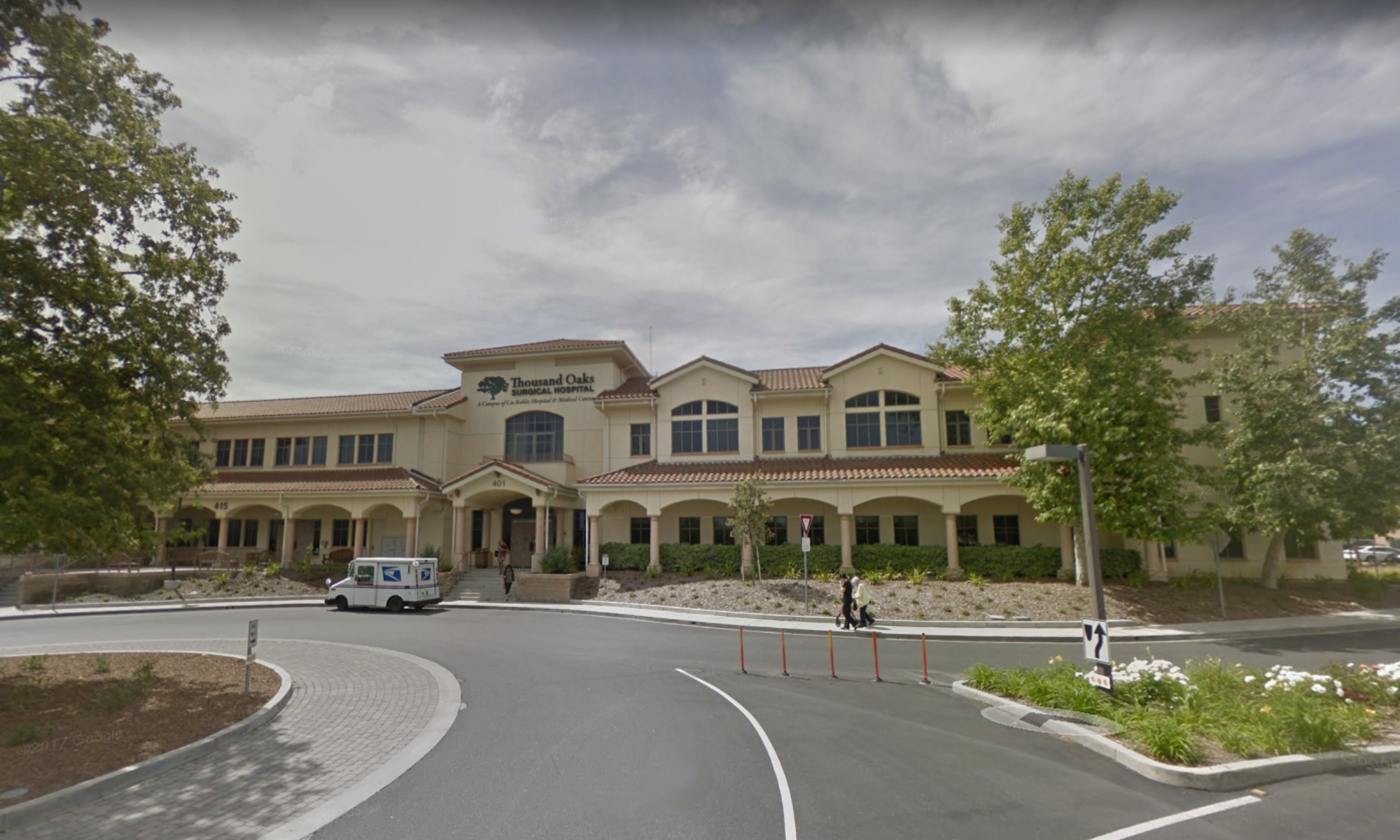This is my third article in a series where I give insight into the world of a California commercial real estate broker. A commercial real estate broker leases/buys/sells commercial real estate (CRE) for the client (tenant/buyer/seller). Commercial real estate is defined for this article as office, retail and industrial spaces.
As reminder from last time, there are four main things a good CRE broker does. They: find suitable locations, negotiate the offer, negotiate the lease itself (the many clauses) and are there when the client needs help thereafter. The first article I wrote was about finding locations; the second about negotiating the major deal points and this third one will discuss negotiating the lease.
Most brokers and even many attorneys don’t negotiate the lease properly. Why? For brokers, many of them simply don’t know what most of the clauses mean and/or simply don’t have the experience to negotiate them properly. For attorneys, it usually has to do with them not specializing in lease contracts and, again, not having enough experience and knowledge to do it properly. Both brokers and attorneys many times specialize in only one area, like office or retail or industrial leases, but not all of them so it’s best to get one that specializes in the lease you are negotiating.
The main problem with using a broker or attorney that isn’t experienced and knowledgeable enough at negotiating a lease is that it will usually cost the tenant money and/or problems later on. There are many clauses in leases that can bankrupt a tenant even when their rent is low like only $1,000 per month. These include insurance clauses, indemnification clauses, operating expense share clauses, maintenance provisions and more. Therefore, it’s not the size of the deal that matters, it’s what was agreed to in the lease that matters. A tenant should tread carefully here. I recommend using both an experienced broker and a specific commercial real estate attorney for a lease. In cases like this, two sets of experienced eyes are better than one. I have saved my clients a lot of money by doing the lease review first and then sending it to their attorney to review thereafter.
After negotiating over 1,000 leases, and over 100 leases per year for many years, I have the experience to really help a tenant in this area. It’s not something most brokers can do. Pick a broker that can help you properly in this area and you will sleep much better at night. When searching, you will find that the list of brokers with this type of expertise is very narrow. Landlords usually have a good real estate attorney create their lease and the bigger ones have their attorneys negotiate the lease clauses. Because of this, you really need to even the odds and have someone that specializes in lease negotiating on your side.
Picking the right broker is the key to getting your best deal. You can never do as well, or even come close, if you try and negotiate the deal without a good broker.
Next time, in the final article in this series, we will discuss how a broker can help their client after a lease is signed for items like construction, moving, landlord disputes, terminating a lease early, etc. Most brokers, unfortunately, cannot do much here as they simply lack the experience and/or knowledge to do so.
If you have questions about any of the above topics or have any CRE needs, please contact David Massie at david@djmcre.com or 805-217-0791.



